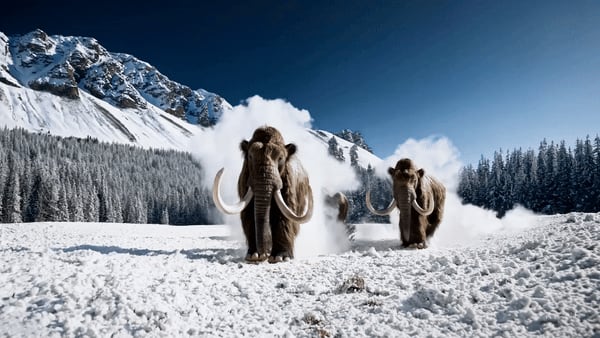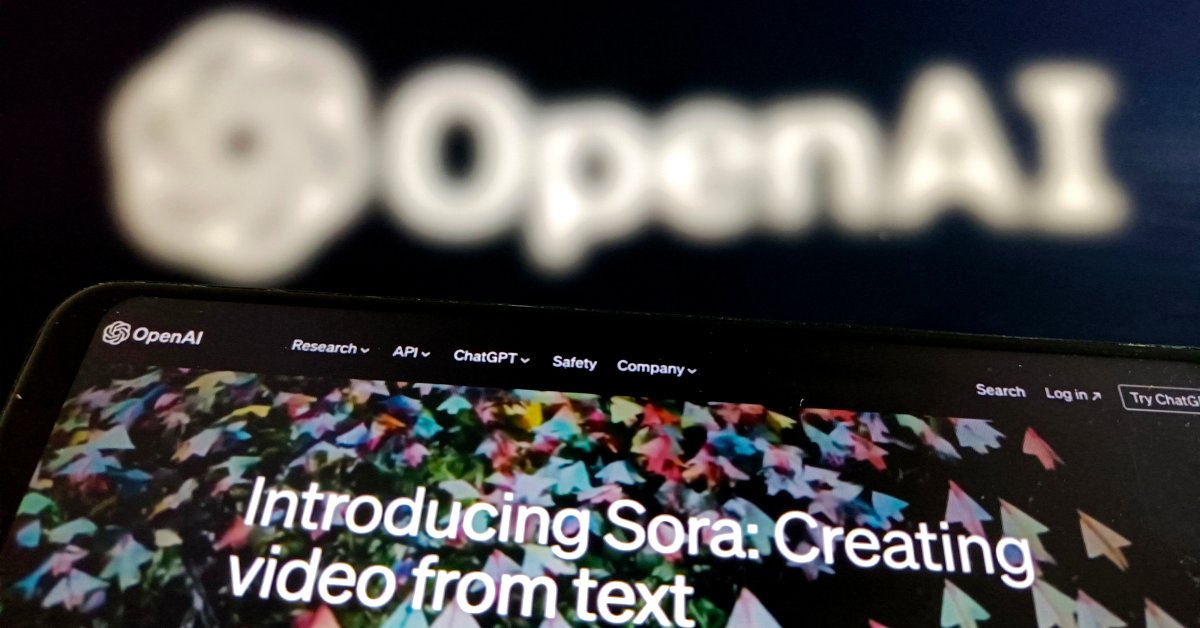OpenAI recently unveiled a groundbreaking text-to-video AI generator named Sora, which can produce highly detailed and lifelike videos based on textual prompts. This innovative model has the capability to craft videos up to 60 seconds in duration and is presently undergoing testing with OpenAI’s risk assessment team, in addition to collaborating with visual artists, designers, and filmmakers, before its eventual public release.
Sora excels in generating intricate scenes featuring multiple characters, specific movements, and precise environmental details. It not only comprehends the user’s prompt but also interprets how these elements manifest in the physical world. Despite OpenAI maintaining secrecy regarding the specifics of the dataset used for training the model, they disclosed that the process was akin to the one employed for DALL-E 3, which involves generating highly descriptive captions for visual training data.
The versatility of Sora extends beyond text-based video generation, as it can also create videos from existing images or even enhance and fill in missing frames in preexisting videos. This broadens its potential applications, ranging from restoring old footage to producing cost-effective video content, and even potentially ushering in a new era of propaganda and misinformation.
In demonstrations, OpenAI showcases Sora’s prowess in creating diverse content, such as high-definition videos depicting wooly mammoths traversing snowy landscapes, movie trailers featuring a 30-year-old astronaut shot on 35mm film, Pixar-style animations of adorable monsters, and historical footage of California during the Gold Rush. The advancement demonstrated by Sora surpasses existing text-to-video generators by a significant margin, positioning it as a frontrunner in the field.
The rapid progress in generative AI, exemplified by Sora’s remarkable accuracy, underscores both the advancements and risks associated with such technology. While these models offer immense creative potential, they also raise concerns regarding their impact on disinformation and social manipulation. As the world grapples with regulating these technologies, the potential for misuse by various entities, including nation states and political campaigns, looms large.
Despite arguments advocating for human involvement in art creation, the allure of cost-effective video production through AI like Sora presents a compelling alternative for many industries. However, questions persist about the ethical implications of training such models on vast amounts of data without explicit consent from the creators, potentially jeopardizing livelihoods and artistic integrity.
In essence, while the capabilities of Sora are undeniably impressive, they also serve as a stark reminder of the disruptive potential of AI and the ethical dilemmas it poses. The evolving landscape of AI-driven content creation signals a paradigm shift in industries like art and cinema, challenging traditional production methods and raising pertinent questions about consent, creativity, and the future of human involvement in artistic endeavors.










